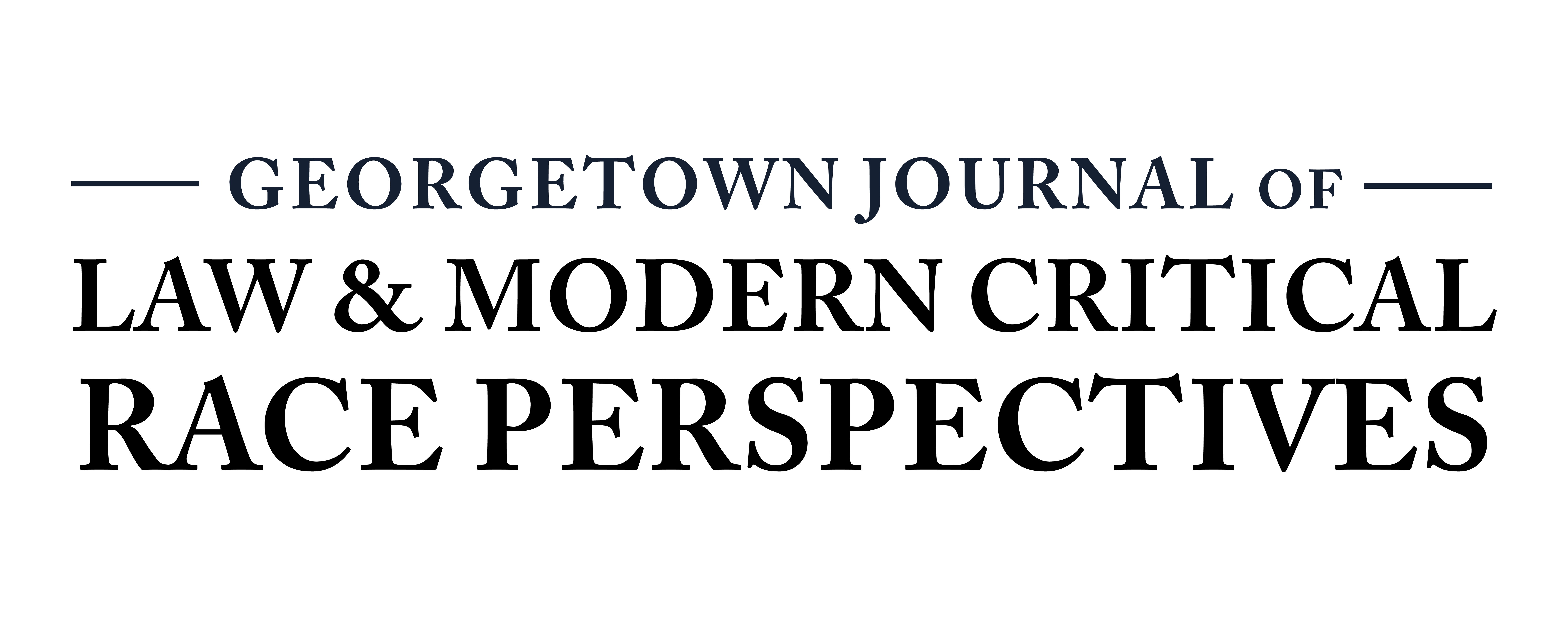Ten Years After Shelby County v. Holder, the Supreme Court Hears Racial Gerrymandering Case
December 1, 2023 by Marlee Sonico
Ten years ago, the Supreme Court in Shelby County v. Holder effectively gutted the Voting Rights Act (“VRA”) by striking down Section 4.[1] Section 4 provided a coverage formula, defining covered jurisdictions as states who used tests or devices as prerequisites to voting or had low voter registration and turnout in the 1960s and early 1970s.[2] Section 5 required that these covered jurisdictions receive federal approval before altering their voting procedures, otherwise known as “preclearance.”[3] The Court, in a 5-4 decision, adopted a seemingly post-racial approach, claiming that the preclearance procedures of the VRA were outdated and have “no logical relation to the present day.”[4] The Court’s logic is deeply flawed and fails to recognize the ongoing discrimination on the basis of race and how the VRA was successful in addressing discriminatory voting practices. In her dissent, Justice Ginsburg asserted that “[t]hrowing out preclearance when it has worked and is continuing to work to stop discriminatory changes is like throwing away your umbrella in a rainstorm because you are not getting wet.”[5]
Immediately after Shelby County, many states that historically engaged in discriminatory voting practices implemented expansive voter suppression tactics, including voter identification requirements, voting roll purges, and partisan and racial gerrymandering tactics.[6] These tactics have severely harmed voters of color, especially the Black community’s voting power.[7] Since Shelby County, the Court has heard various cases on voting rights, most notably Rucho v. Common Cause which addressed partisan gerrymandering. In Rucho, North Carolina and Maryland legislators engaged in redistricting plans to dilute votes along partisan lines.[8] The Court, in another 5-4 decision, held that partisan gerrymandering constitutes a nonjusticiable political question, beyond the reach of federal courts.[9] Justice Kagan, in dissent, criticized the majority’s unwillingness to address the fundamental constitutional right to equally participate in the political process.[10]
On October 11, 2023, the Supreme Court heard oral arguments in a racial gerrymandering case, Alexander v. South Carolina State Conference of the NAACP.[11] Here, the South Carolina legislature engaged in a redistricting plan that moved over 30,000 Black voters out of the state’s 1st District; South Carolina argues this was motivated by the goal of making the district reliably Republican (which would be exempt from federal review under Rucho).[12] The main issue in this case is whether the South Carolina legislature engaged in racial gerrymandering, violating the Equal Protection Clause of the Fourteenth Amendment and the Fifteenth Amendment.[13]
Race and partisan affiliation are inextricably connected. Allowing states to dilute Black voting power under the cover of partisan gerrymandering engages in a color-blind approach that will severely impact the voting power of marginalized groups. It would be a mistake for the Court to find that South Carolina’s redistricting plan did not constitute racial gerrymandering. In effect, states may be able to engage in discriminatory racial redistricting under the guise of partisan gerrymandering. Because the court struck down the VRA’s preclearance provision in Shelby County, legislatures in states with a long history of discrimination are free to engage in redistricting plans without prior federal approval. Alexander will determine the future of racial gerrymandering claims and voters’ abilities to challenge racially-biased electoral maps under the Fourteenth and Fifteenth Amendments. The Court should acknowledge the socioeconomic factors that lead to high correlations between race and partisan affiliation to strike down racial gerrymandering and preserve the fundamental right to participate in the political process for all marginalized groups.
[1] Shelby Cnty., Ala. v. Holder, 570 U.S. 529, 529 (2013)
[2] Id. at 529.
[3] Id. at 529.
[4] Id. at 553.
[5] Id. at 590.
[6] Legal Defense Fund, How Shelby County v. Holder Broke Democracy, https://www.naacpldf.org/shelby-v-holder-impact/#:~:text=August%202013%2C%20Two%20Months%20After%20Shelby&text=Because%20preclearance%20was%20no%20longer,Americans%20with%20almost%20surgical%20precision.%E2%80%9D;
[7] https://www.naacpldf.org/shelby-v-holder-impact/
[8] Rucho v. Common Cause, 139 S. Ct. 2484, 2491 (2019)
[9] Id. at 2497.
[10] Id. at 2509.
[11] Amy Howe, Mandatory minimums, payday lending, and voting rights in first session of Supreme Court term, SCOTUSblog, September 29, 2023, https://www.scotusblog.com/2023/09/mandatory-minimums-payday-lending-and-voting-rights-in-the-first-session-of-the-courts-new-term/
[12] Rachel Selzer, Takeaways from Supreme Court Arguments Over South Carolina’s Congressional Map, Democracy Docket, October 11, 2023, https://www.democracydocket.com/analysis/takeaways-from-supreme-court-arguments-over-south-carolinas-congressional-map/
[13] Lawyers’ Committee for Civil Rights Under the Law, Lawyers’ Committee Files Amicus Brief in Alexander v. South Carolina NAACP, Supreme Court Case Addressing Racial Gerrymandering, August 18, 2023, https://www.lawyerscommittee.org/lawyers-committee-files-amicus-brief-in-alexander-v-south-carolina-naacp-supreme-court-case-addressing-racial-gerrymandering/

